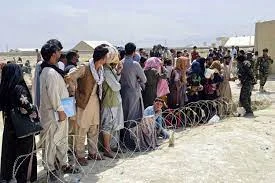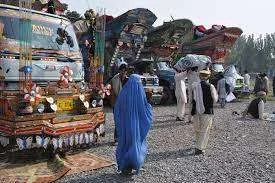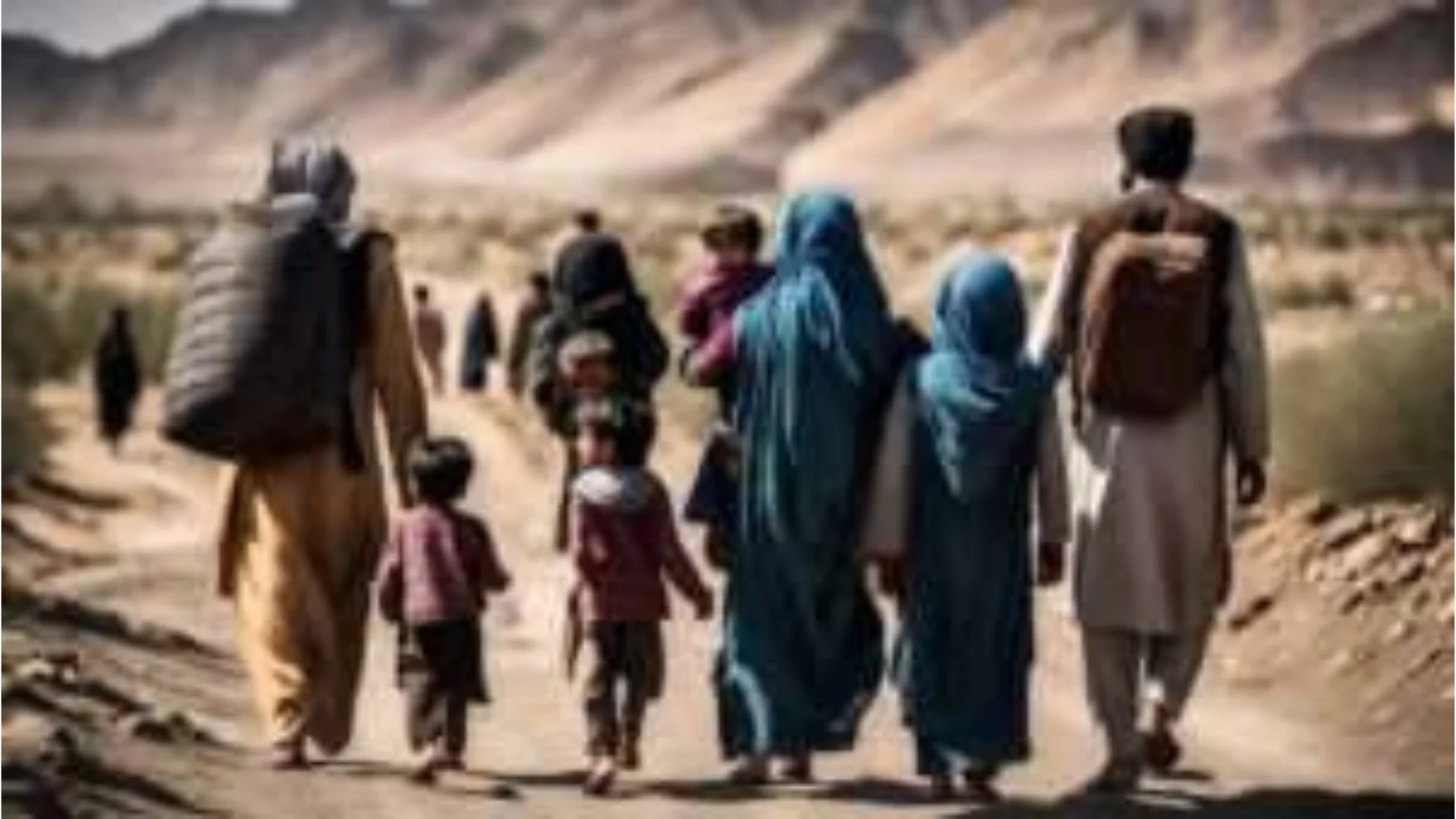Complex Dynamics of Afghan Refugee Situation in Pakistan
The issue of undocumented Afghan refugees in Pakistan is a complex and challenging one. There is no easy solution, and any approach will require careful consideration of national security concerns. The authorities have been working magnificently and closely with the stakeholders to ensure the repatriation is completed successfully and ensuring that the rights of refugees are respected.
In the long term, Pakistan needs to work with neighboring Afghanistan and the international community to address the root causes of the refugee crisis, including poverty, conflict, and lack of opportunity. By investing in development and promoting peace in Afghanistan, Pakistan can help to reduce the number of Afghans who are forced to flee their homes. In the short term, the government should work with the UNHCR to facilitate the voluntary repatriation of refugees.
Pakistan state, governments, and even 220 million people, since long have been supporting refugees and Afghan nationals in every walk of life including education, healthcare, and employment opportunities.
Balancing National Security and Humanitarian Concerns
Pakistan has a long history of hosting Afghan refugees, with the current influx dating back to the Soviet invasion of Afghanistan in 1979. Over the years, the country has provided refuge to millions of Afghans. However, the presence of a large refugee population has also posed challenges, with concerns about competition for jobs and resources, as well as potential security threats.
The recent decision by Pakistan’s caretaker government to deport undocumented Afghan refugees has initiated another phase and state approach to repatriation. While the government has justified the crackdown on illegal immigration, citing national security concerns, human rights groups have raised concerns about the potential for forced deportations and the impact on vulnerable refugees.
In recent years, Pakistan has been under increasing pressure from the international community to address the issue of undocumented Afghan refugees. The United Nations High Commissioner for Refugees (UNHCR) has estimated that there are over 2 million Afghan refugees in Pakistan, of whom approximately 1.5 million are undocumented. Pakistani authorities have justified the crackdown on undocumented Afghan refugees by citing national security concerns.
They point to the fact that many refugees lack proper documentation and identification, making it difficult to track their movements and ensure their compliance with Pakistani laws. They also argue that the presence of a large undocumented population can create opportunities for criminal activity and exploitation.

In addition to security concerns, the Pakistani government has also expressed concerns about the economic impact of the refugee population. With millions of Afghans competing for jobs and resources, the government argues that the burden on Pakistani society is becoming unsustainable.
Pakistan government’s concerns are valid; human rights groups have raised concerns about the potential for forced deportations and the impact on vulnerable refugees. They argue that the government’s approach is overly harsh and could lead to the separation of families and the return of refugees to unsafe conditions in Afghanistan. https://thebalochistanupdates.com/immigrants-repatriation/
The Need for a Comprehensive and Humane Approach
The UNHCR has urged Pakistan to adopt a more humane approach to the refugee issue, emphasizing the need for voluntary repatriation and providing support for those who choose to remain in Pakistan. Finding a solution to the issue of undocumented Afghan refugees in Pakistan will require a delicate balancing act between national security concerns and the protection of human rights.
The Pakistani government needs to develop a comprehensive plan that addresses the root causes of the refugee crisis, while also ensuring that the rights of refugees are respected.

Conclusion:
Navigating the Path Forward for Afghan Refugees in Pakistan
In confronting the intricate issue of undocumented Afghan refugees, Pakistan faces a formidable challenge that demands a nuanced and considerate approach. Striking a balance between national security imperatives and the humanitarian rights of refugees is no easy feat.
The recent initiatives by the authorities, working closely with stakeholders to ensure successful repatriation while respecting refugee rights, underscore the gravity of the situation. Looking ahead, Pakistan’s long-term strategy necessitates collaboration with Afghanistan and the international community to address the root causes of the refugee crisis.
Addressing issues like poverty, conflict, and lack of opportunity through sustained development and peace-building efforts can contribute to reducing the forced displacement of Afghans. Simultaneously, short-term solutions, such as facilitating voluntary repatriation in collaboration with the UNHCR, are crucial in managing the immediate challenges.
Pakistan, with its history of hosting Afghan refugees since the Soviet invasion in 1979, acknowledges the challenges posed by a large refugee population. The recent decision to deport undocumented Afghan refugees reflects a state-level approach to repatriation, justified on grounds of national security.
While the government’s concerns about economic burdens and security threats are valid, human rights groups caution against an overly harsh approach that may jeopardize vulnerable refugees and separate families.
Amid increasing international pressure, particularly from the UNHCR, Pakistan stands at a crossroads. Balancing national interests with humanitarian considerations is paramount. The call for a more humane approach, emphasizing voluntary repatriation and support for those choosing to remain, echoes the need for a delicate balancing act.
Ultimately, resolving the issue of undocumented Afghan refugees demands a comprehensive plan addressing root causes, respecting human rights, and ensuring a dignified future for those affected. The world watches as Pakistan charts its course, recognizing the complexities inherent in safeguarding both national security and the well-being of those seeking refuge on its soil.


